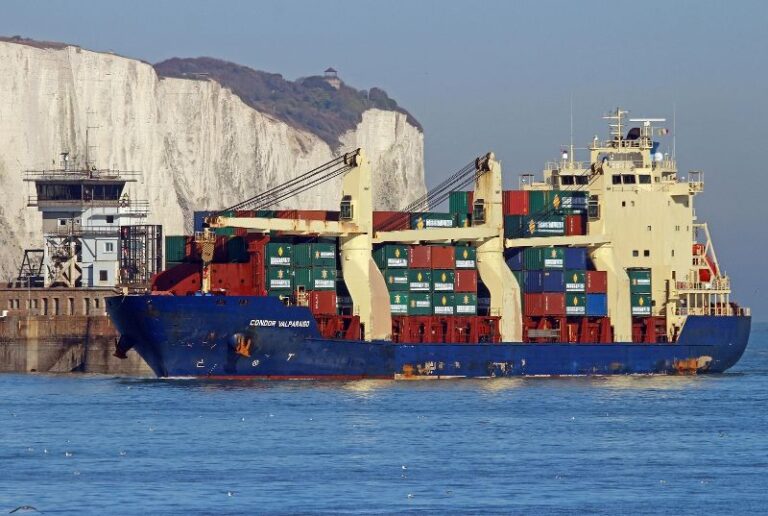The coronavirus crisis has left many companies in a worse position to prepare for the end of the Brexit transition period on 1 January 2021 than they were ahead of a possible no-deal outcome in 2019, a think-tank has warned.
According to the Institute of Government report titled ‘Preparing Brexit : The scale of the task left for UK business and government‘ the impact of the pandemic coronavirus had “starved firms of cash and left many struggling to stay afloat”.
The paper warned that the impact of cashflow and available capital had derailed Brexit preparations, preventing businesses from investing in new customs processes or stockpiling to protect themselves against disruption to supply chains.
The Institute of Government also said that smaller businesses had been particularly badly affected.
The think-tank warned that many businesses and public bodies had run down stockpiles built up ahead of a potential no-deal Brexit last year, either because it was not economically viable to maintain excess supplies or to mitigate the disruption caused by gaps and delays in supply chains caused by the coronavirus.
It warned that stockpiling would be hampered by a mix of limited warehouse capacity in the run-up to Christmas, when larger inventories are required; supply chains being strained by coronavirus disruption and costs proving prohibitive to businesses faced with a major hit to their cashflow due to the coronavirus
The report also warned that the economic disruption caused by Covid-19 meant it was it hard to predict how supply chains would look in six months’ time.
The Institute of Government said that some sectors, such as automotive manufacturing, were unsure about the extent of damage caused to supply chains and would not know how resilient they have been until they began scaling production up to more normal levels towards the end of the year.







